Filter by
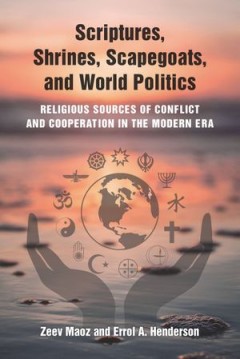
Scriptures, Shrines, Scapegoats, and World Politics:Religious Sources of Conf…
The effect of religious factors on politics has been a key issue since the end of the Cold War and the subsequent rise of religious terrorism. However, the systematic investigations of these topics have focused primarily on the effects of religion on domestic and international conflict. Scriptures, Shrines, Scapegoats, and World Politics offers a comprehensive evaluation of the role of religion…
- Edition
- -
- ISBN/ISSN
- 9780472901234
- Collation
- -
- Series Title
- -
- Call Number
- 300
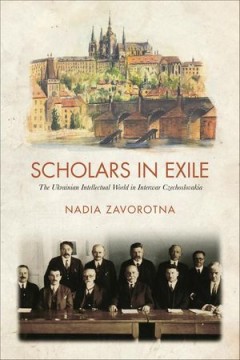
Scholars in Exile: The Ukranian Intellectual World in Interwar Czechoslovakia
Throughout the 1920s and 30s Prague was the intellectual center of Ukrainian émigrés in Europe, not least because of significant financial support from the Czechoslovak government and its first president, Tomáš Garrigue Masaryk, for émigré students and intellectuals. On the basis of extensive archival research in Ottawa, Prague, and Kyiv, Zavorotna outlines the continuation of Ukrainian s…
- Edition
- -
- ISBN/ISSN
- 9781487531577
- Collation
- -
- Series Title
- -
- Call Number
- 300
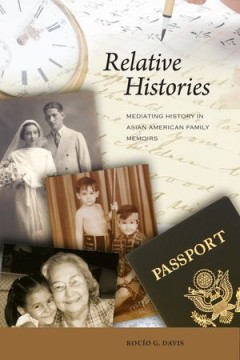
Relative Histories: Mediating History in Asian American Family Memoirs
Relative Histories focuses on the Asian American memoir that specifically recounts the story of at least three generations of the same family. This form of auto/biography concentrates as much on other members of one’s family as on oneself, generally collapses the boundaries conventionally established between biography and autobiography, and in many cases—as Rocío G. Davis proposes for the …
- Edition
- -
- ISBN/ISSN
- 9780824895358
- Collation
- -
- Series Title
- -
- Call Number
- 300
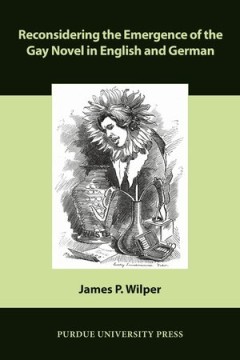
Reconsidering the Emergence of the Gay Novel in English and German
In Reconsidering the Emergence of the Gay Novel in English and German, James P. Wilper examines a key moment in the development of the modern gay novel by analyzing four novels by German, British, and American writers. Wilper studies how the texts are influenced by and respond and react to four schools of thought regarding male homosexuality in the late nineteenth and early twentieth centuries.…
- Edition
- -
- ISBN/ISSN
- 9781557537317
- Collation
- -
- Series Title
- -
- Call Number
- 300
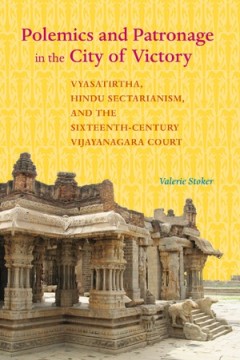
Polemics and Patronage in the City of Victory: Vyasatirtha, Hindu Sectarianis…
How did the patronage activities of India’s Vijayanagara Empire (c. 1346–1565) influence Hindu sectarian identities? Although the empire has been commonly viewed as a Hindu bulwark against Islamic incursion from the north or as a religiously ecumenical state, Valerie Stoker argues that the Vijayanagara court was selective in its patronage of religious institutions. To understand the dynamic…
- Edition
- -
- ISBN/ISSN
- 9780520965461
- Collation
- -
- Series Title
- -
- Call Number
- 300
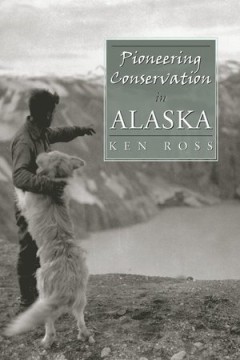
Pioneering Conservation in Alaska
"Designed as a companion to his "Environmental Conflict in Alaska" (2001), which presented the environmental issues of Alaska's statehood period, the newest study by Ross provides an in-depth view of the resource management controversies in Alaska up to statehood in 1958. Ross's chapters on predator control, when wildlife managers offered bounties not just for wolves but for eagles, and another…
- Edition
- -
- ISBN/ISSN
- 9780870818523
- Collation
- -
- Series Title
- -
- Call Number
- 300

Homelessness & health in Canada
Homelessness & Health in Canada explores, for the first time, the social, structural, and environmental factors that shape the health of homeless persons in Canada. Covering a wide range of topics from youth homelessness to end-of-life care, the authors strive to outline policy and practice recommendations to respond to the ongoing public health crisis. This book is divided into three distinct …
- Edition
- -
- ISBN/ISSN
- 978-0-7766-2147-0
- Collation
- -
- Series Title
- -
- Call Number
- 362.104 25 HOM
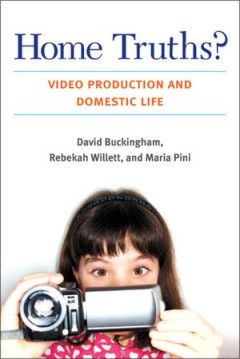
Home Truths? Video Production and Domestic Life
Over the past decade, the video camera has become a commonplace household technology. With falling prices on compact and easy-to-use cameras, as well as mobile phones and digital still cameras with video recording capabilities, access to moving image production technology is becoming virtually universal. Home Truths? represents one of the few academic research studies exploring this everyday, p…
- Edition
- -
- ISBN/ISSN
- 9780472900312
- Collation
- -
- Series Title
- -
- Call Number
- 778.59 BUC h
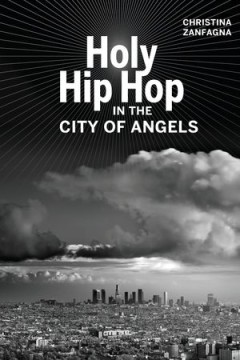
Holy hip hop in the City of Angels
In the 1990s, Los Angeles was home to numerous radical social and environmental eruptions. In the face of several major earthquakes and floods, riots and economic insecurity, police brutality and mass incarceration, some young black Angelenos turned to holy hip hop—a movement merging Christianity and hip hop culture—to “save” themselves and the city. Converting street corners to open-ai…
- Edition
- -
- ISBN/ISSN
- 9780520968790
- Collation
- -
- Series Title
- -
- Call Number
- 306.4 ZAN h
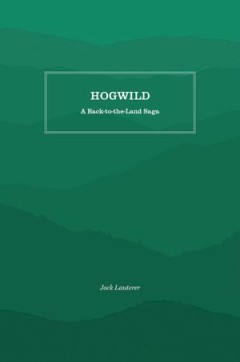
Hogwild : A Back-to-the-Land Saga
In Hogwild: A Back-to-the-Land Saga, readers learn that the term “Hogwild” was an outrageous ideology—that a loosely organized confederation of like-minded individuals could carve out a simple country lifestyle from an enclave of mountain land, raise their own crops, bring up their children in peace and serenity, and build their own free-spirited houses with logs timbered from the local f…
- Edition
- -
- ISBN/ISSN
- 9781469638508
- Collation
- -
- Series Title
- -
- Call Number
- 307.72 LAU h
 Computer Science, Information & General Works
Computer Science, Information & General Works  Philosophy & Psychology
Philosophy & Psychology  Religion
Religion  Social Sciences
Social Sciences  Language
Language  Pure Science
Pure Science  Applied Sciences
Applied Sciences  Art & Recreation
Art & Recreation  Literature
Literature  History & Geography
History & Geography